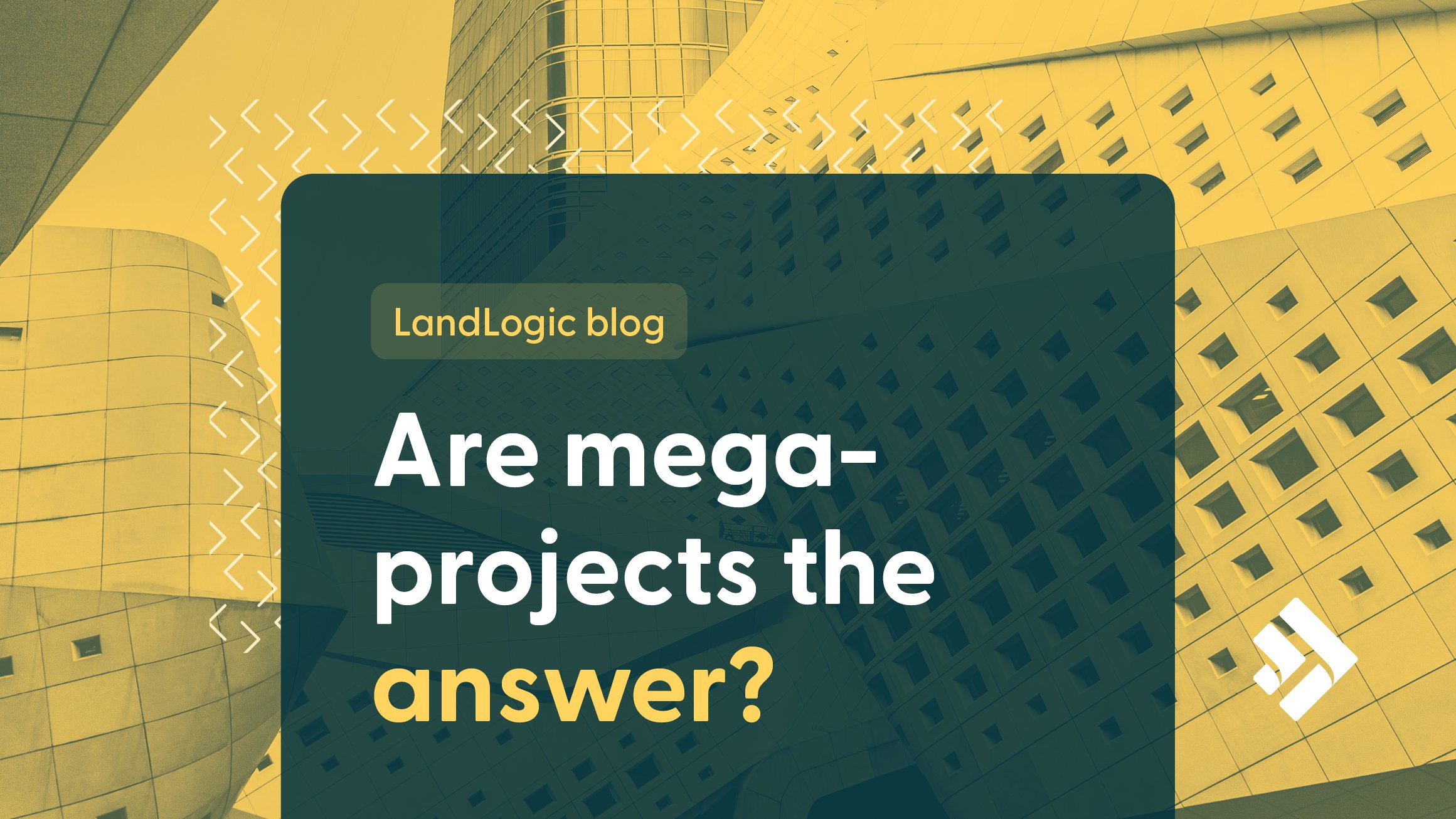Changing the development narrative at the RESCON AGM
The recent Annual General Meeting (AGM) of the Residential Construction Council of Ontario (RESCON) painted a stark picture of the current state of housing in Ontario. Industry leaders like Marlon Bray, Toronto Mayor Olivia Chow, Minister Paul Calandra, and real estate expert Daniel Foch shared insights that echoed a common theme: the housing sector faces significant challenges.
Current Housing Landscape
Marlon Bray spoke plainly about government missteps impacting housing - high taxes and development charges, surging inflation, and climbing interest rates have compounded the problem. Mayor Olivia Chow’s focus on the "City of Toronto Housing Action Plan" highlighted municipal efforts, while Paul Calandra, Ontario’s recently appointed Minister of Municipal Affairs and Housing, discussed aggressive housing targets to combat shortages. But Daniel Foch’s economic perspective underscored a universal agreement: there is a significant housing shortage, and the path to addressing it is not easy.
RESCON’s members, comprised of Ontario’s leading housing developers, are on the frontline of this crisis. They grapple with regulatory hurdles, financial constraints, and public policy and economic challenges that hinder their ability to respond effectively to the housing shortage. The inelastic nature of housing development means decisions made decades ago are profoundly influencing today's landscape, and decisions made today will have an impact for decades to come.
LandLogic – Making Data our Greatest Asset
The LandLogic team has dedicated decades to researching the challenges of urban development, focusing on streamlining the development process. A critical issue identified by this research is data siloing, where vital information is compartmentalized, hindering efficient planning and development for both regulators and builders.
In response to this challenge, LandLogic was born. LandLogic aims to improve decision-making by providing streamlined access to quality data and powerful land insights. LandLogic’s AI-enabled platform delivers crucial information, raising awareness about viable land development opportunities.
By integrating and analyzing data from diverse sources, LandLogic breaks down data silos, offering a comprehensive view of land potential and constraints to ensure municipalities and developers alike have access to reliable information that is crucial for informed urban planning. A shared pool of data can help streamline the planning process and reduce misunderstandings. It is particularly useful for real estate developers to have solid data to back their project proposals during critical stages such as site plan approvals, where well-supported arguments are key to convincing city councils and planning committees that a project should move forward.
Case Study: Streamlining Development with LandLogic
Consider a developer evaluating a plot of land in Toronto. Traditionally, this task involves navigating through a maze of data and regulatory constraints, a process that is not only time-consuming but also prone to errors. LandLogic changes this narrative by shedding light on zoning constraints, environmental factors, and market trends. The result? A faster, more reliable decision-making process that benefits both the developer and the regulator. With comprehensive insights readily available, LandLogic reduces the need for lengthy pre-consultation meetings, saving time for both developers and municipal staff, and resulting in a quicker progression through the important planning stages.
The discussions at the RESCON AGM underline the urgency required to address the housing crisis. By providing actionable AI-enabled insights for real property, LandLogic is on a mission to simplify the complexities of land development and assessment and be a force for good in addressing the growing housing crisis. Find out more at www.landlogic.ai.




















